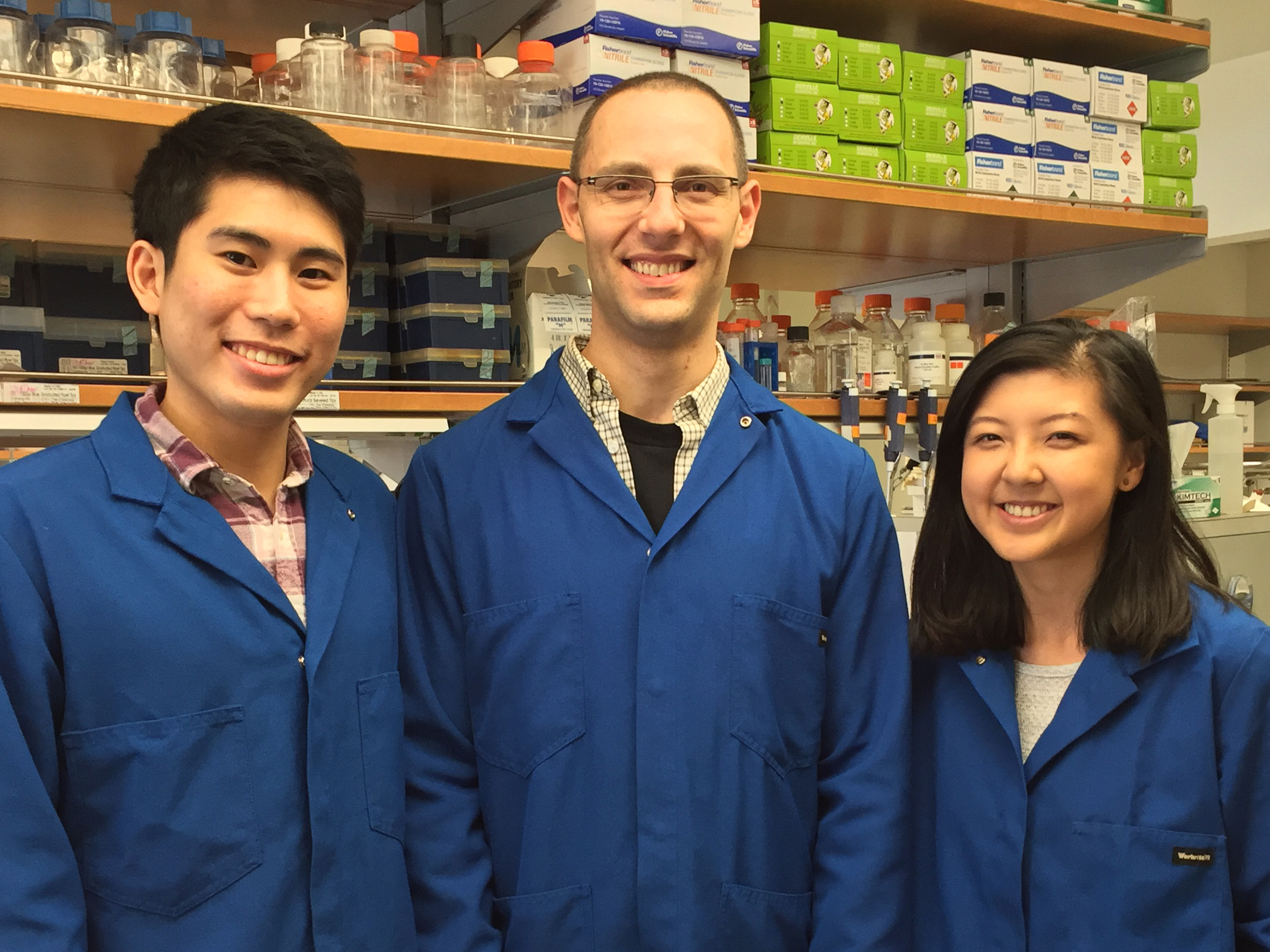

Positron emission tomography (PET) is a powerful molecular imaging technology that has revolutionized the diagnosis and treatment of such ailments as cancer, coronary artery disease, and Parkinson’s disease. The Clark Lab studies the chemical biology of PET imaging probes with the goal of understanding what PET imaging can teach us about biology, what biology can teach us about PET imaging, and how we can integrate and use this information to improve the diagnosis and treatment of human diseases. Recently the Clark Lab developed a new family of ribose-based PET imaging probes. These imaging probes accumulate in the liver through the action of the ribose salvage pathway and provide unique information on the function and health of this vital organ. Current studies are focused on understanding how to use these probes to improve the diagnosis of liver failure and on what these probes can teach us about the ribose salvage pathway.
